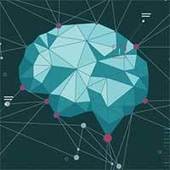Banks and credit unions must integrate machine learning into their digital marketing strategies, but where and how should they get started?
Sourced through Scoop.it from: thefinancialbrand.com

Banks and credit unions must integrate machine learning into their digital marketing strategies, but where and how should they get started?
Sourced through Scoop.it from: thefinancialbrand.com